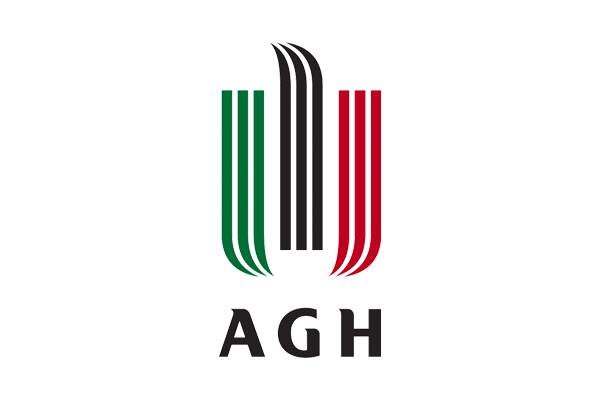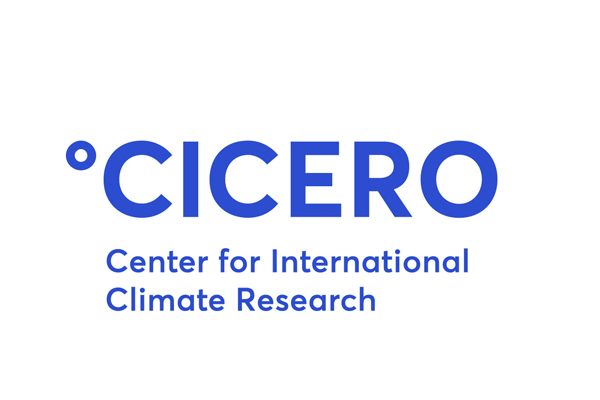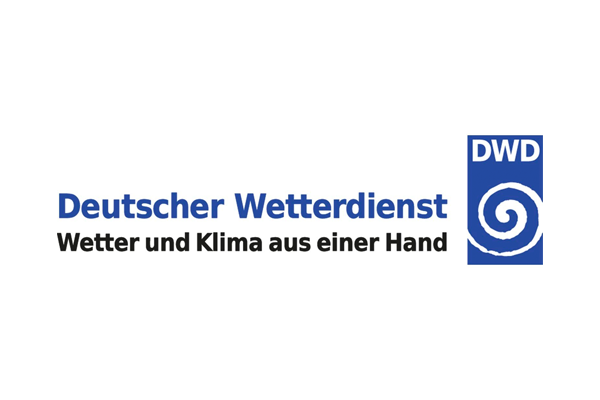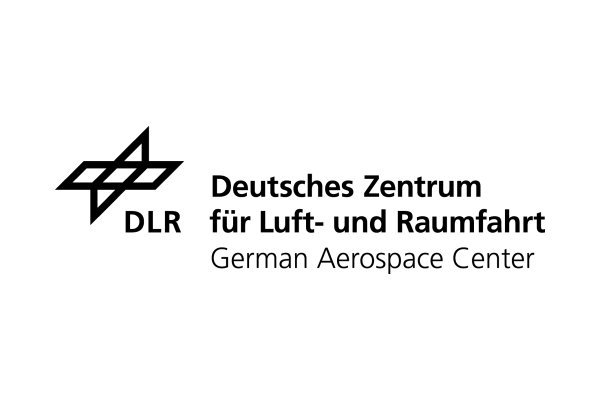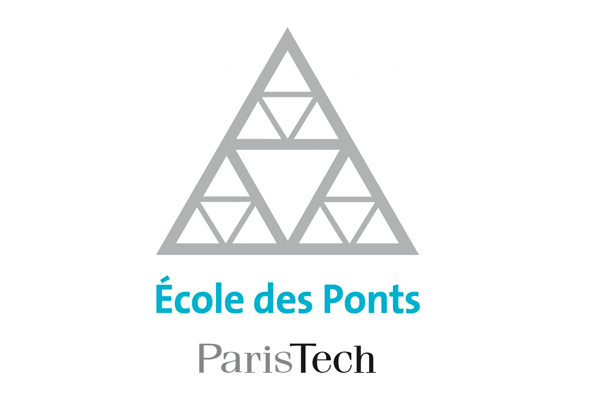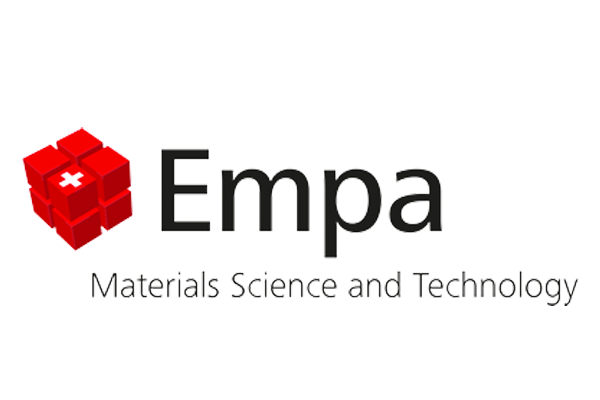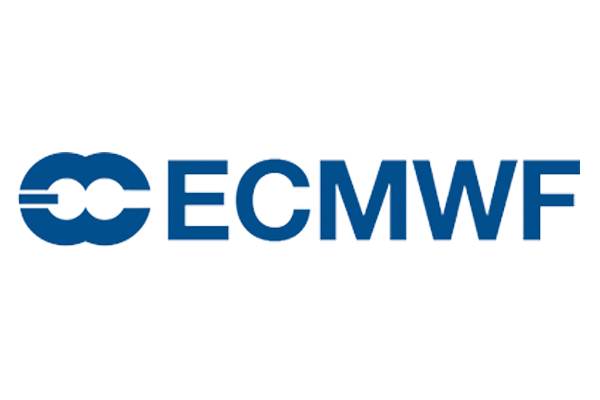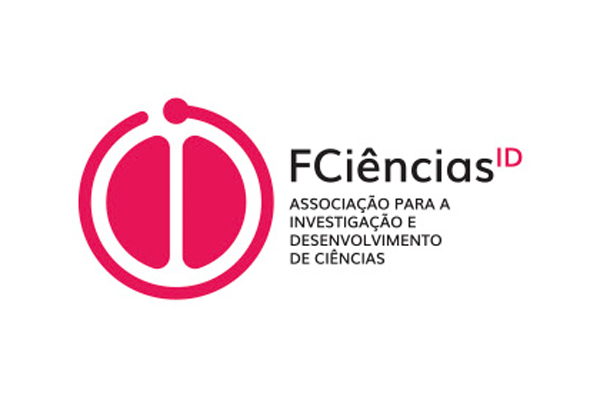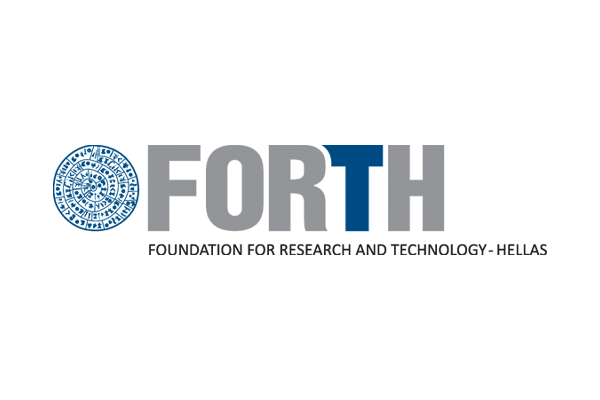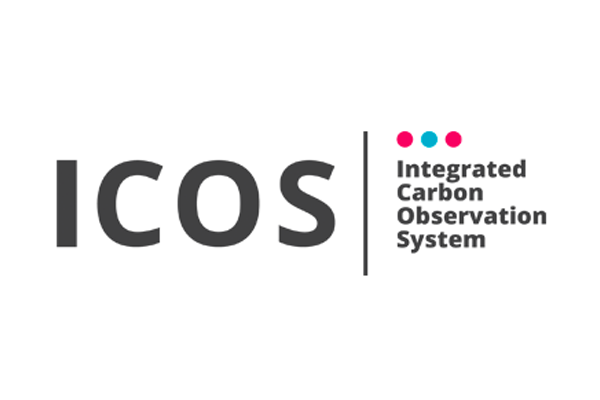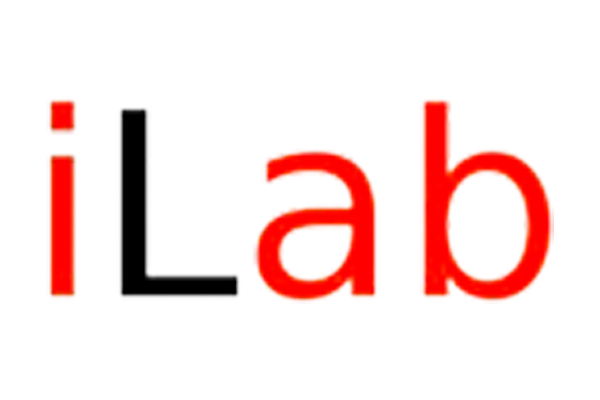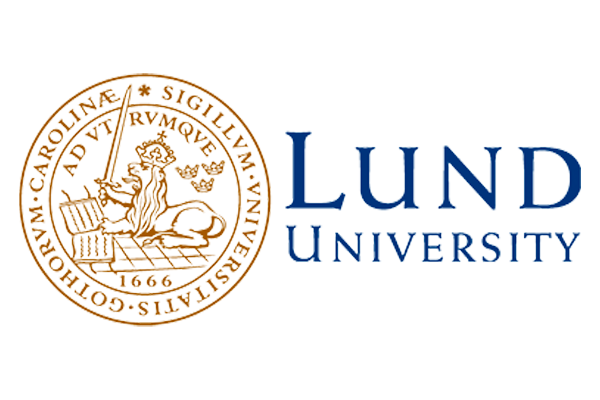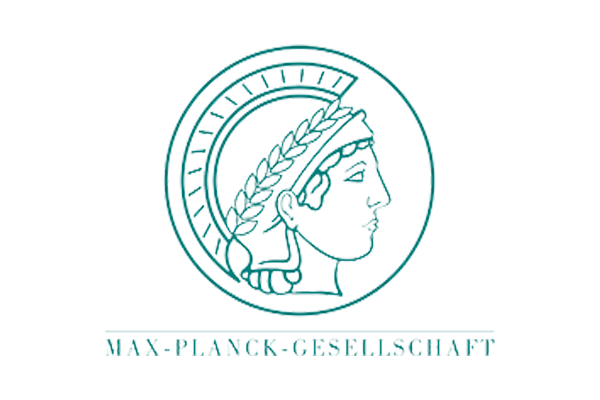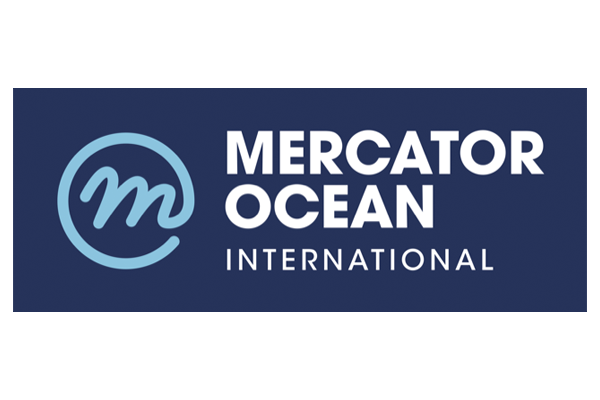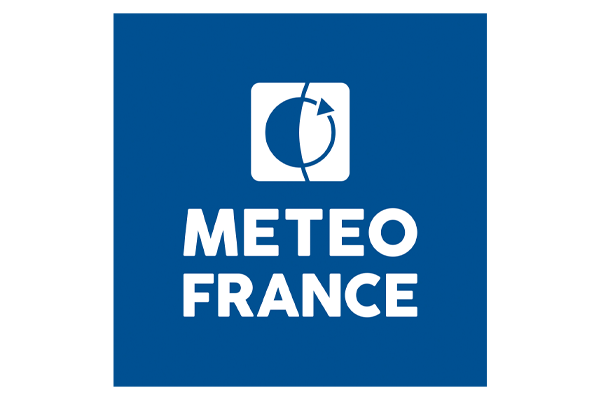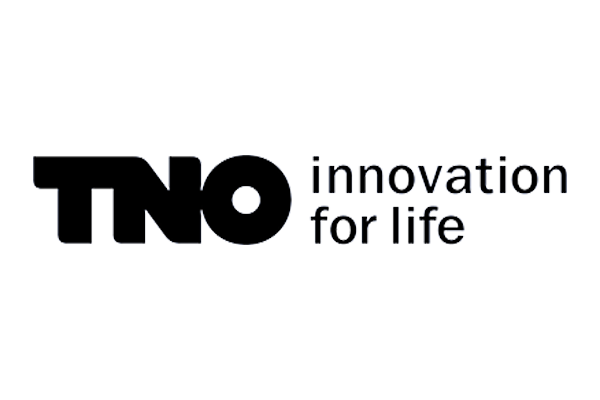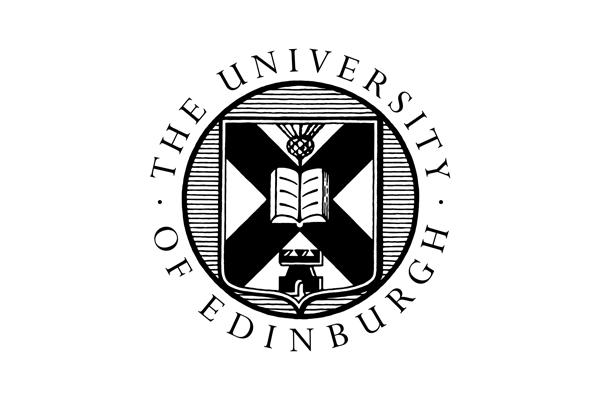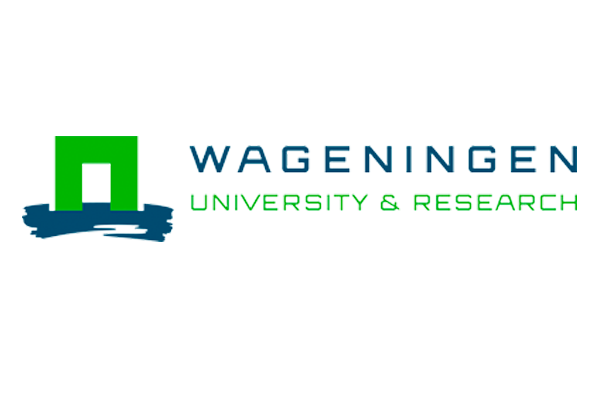The CoCo2 project consortium is comprised of 25 partners from fourteen European countries (Germany, Netherlands, France, Switzerland, Italy, United Kingdom, Sweden, Norway, Portugal, Poland, Cyprus, Spain, Greece, Finland). Through ECMWF, the reach is extended beyond these countries due to the member and cooperating states of this international organisation. The project reach will be further enhanced through inclusive workshops to ensure that this initiative is truly European and relevant capacity is built in all regions of Europe.
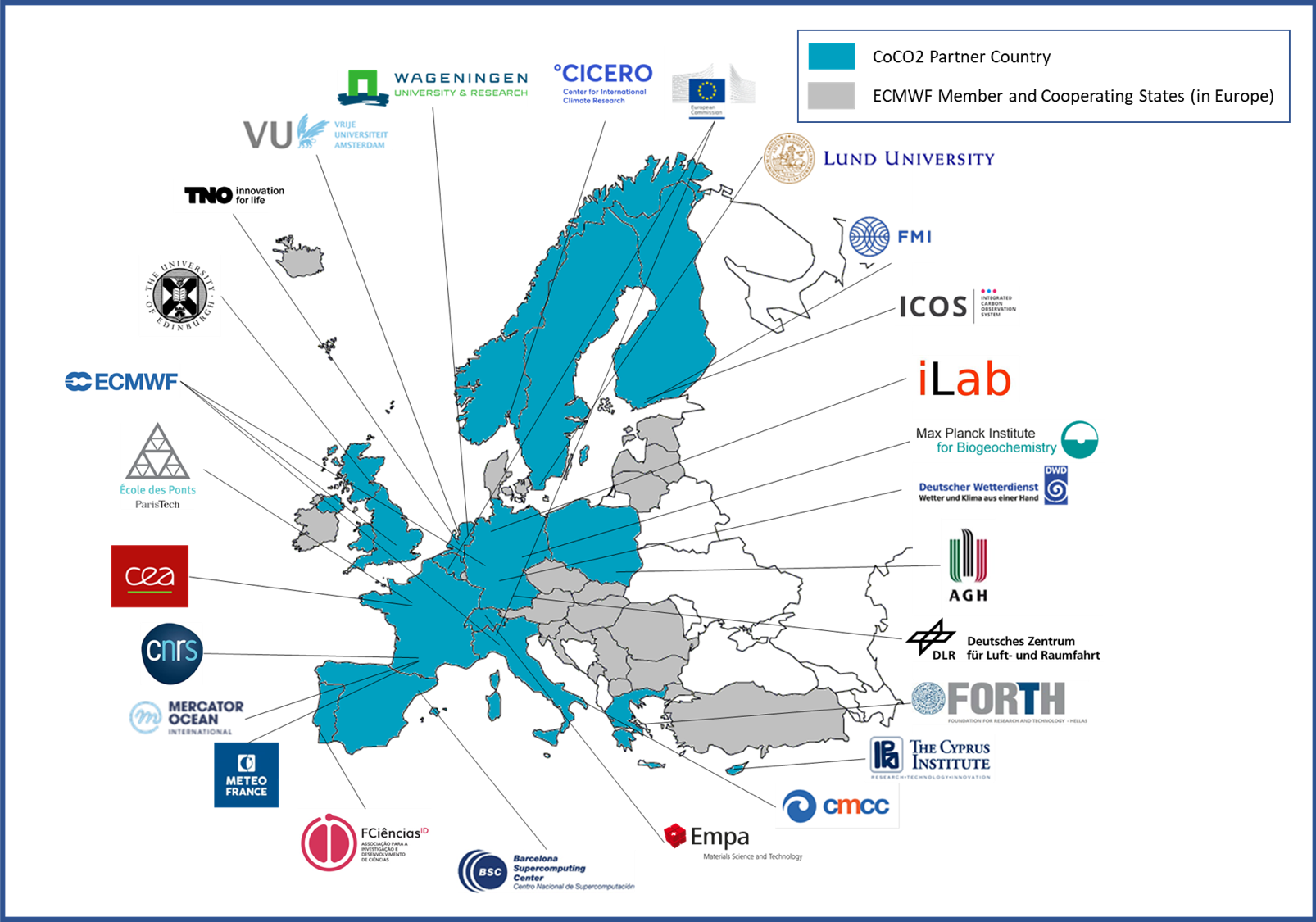
Barcelona Supercomputing Center (BSC), formed in 2005, has a mission to research, develop and manage information technology in order to facilitate scientific progress.
The DLR Institute of Atmospheric Physics (IPA) is part of the German Aerospace Centre.
École nationale des Ponts et Chaussées (ENPC), created in 1747, is a higher education establishment that trains engineers and PhD students to a high level of scientific, technical and general expertise.
EMPA is a Swiss Federal research institute within the ETH domain with ~1000 employees including ~150 PhD students. The Laboratory for Air Pollution / Environmental Technology has a long and outstanding record in air pollution and greenhouse gas monitoring and atmospheric modelling.
FCiências.ID – Associação para a Investigação e Desenvolvimento de Ciências (FC.ID), is a Non-Profit Private Association, endowed with legal personality.
The Fondazione Centro Euro-Mediterraneo sui Cambiamenti Climatici (Fondazione CMCC) is a non-profit research institution.
The Foundation for Research and Technology Hellas (FORTH) was established in 1983 and is one of the largest research centres in Greece.
The Inversion Lab (iLab) is an SME that was founded in January 2015 by Dr. Thomas Kaminski. Mr. Michael Voßbeck is with the company from the beginning, and Dr. Wolfgang Knorr joined in January 2020..
The Joint Research Centre (JRC) is the European Commission's science and knowledge service which employs about 3000 scientists to carry out research in order to provide independent scientific advice and support to EU policy.
The French Alternative Energies and Atomic Energy Commission is the legal entity that represents the Laboratory of Climate and Environmental Sciences within CoCO2.
Lund University is one of the largest research organisations in Northern Europe and has a strong profile in the environmental sciences and global change studies. It was ranked 29 in 2019 in the world for geography in the QS World University Rankings.
In routine or in real time, on a global or regional scale, both on the surface and beneath it, Mercator Ocean describes, analyses and forecasts the state of the ocean by developing the "Mercator System" for ocean analysis and forecasting and maintaining it in an operational condition.
Meteo-France is the French weather service, a governmental organization. Centre National de Recherches Météorologiques (CNRM) is a joint research unit of CNRS and Meteo-France in which both entities put together staff and resources for the benefit of the laboratory.
The Department of Earth Sciences of the Faculty of Sciences at Vrije Universiteit Amsterdam (VU) is involved in several studies on carbon cycling and Global Change.
Wageningen University is a university dedicated to education and knowledge generation in the field of life science and natural resources. As an international center of learning and research it receives students from over a hundred countries.
